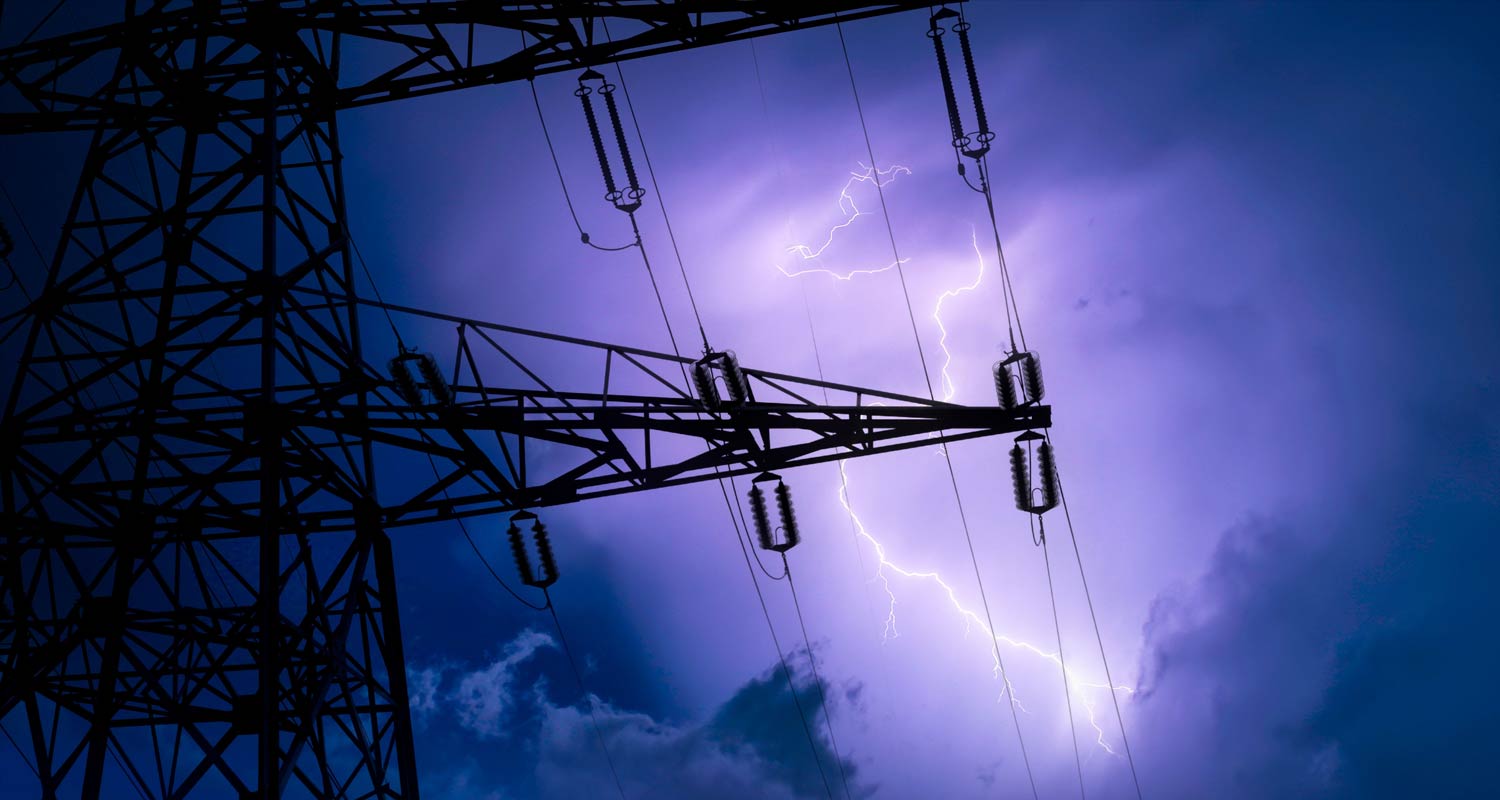 The Organisation Undoing Tax Abuse (Outa) has made a submission to energy regulator Nersa opposing the huge price increases sought by state-owned energy producer Eskom.
The Organisation Undoing Tax Abuse (Outa) has made a submission to energy regulator Nersa opposing the huge price increases sought by state-owned energy producer Eskom.
Outa said Eskom’s proposal would lead to a 66% price hike over three years and described this as “excessive”.
“South Africa cannot afford this,” said Outa senior project manager Estienne Ruthnam. “Outa’s core argument is that Eskom’s application for a 66% revenue and price increase – proposed at 36.15% for 2025, 11.81% for 2026 and 9.1% for 2027 – is excessive and will have adverse impacts on South Africa’s economy, customers and society.”
In its submission, Outa argued that the proposed increases follow “massive” revenue and price increases for Eskom over the last 15 years, accusing the utility of focusing on ensuring cost reflectivity by increasing tariffs and revenue instead of reducing costs and improving its performance and efficiency. Outa also said Eskom uses outdated economic studies and underutilises its cost reduction strategies.
Outa made the following recommendations to Nersa:
- Reject the proposed increases: Outa said it believes the requested increases are too high and argues they will exacerbate consumers’ economic burden, especially since they exceed inflation.
- Focus on cost reflectivity and operational efficiency: Outa urged Nersa to push Eskom towards cost reductions in staffing, maintenance and energy procurement instead of passing on rising costs to consumers.
- Improve transparency and accountability: Outa said Eskom should adopt a clearer, more transparent approach of budgeting for assets and managing operational costs, as well as address issues related to asset valuation and depreciation.
- Commission independent studies: Outa said Nersa should initiate independent studies of Eskom’s socioeconomic impact, staffing levels, remuneration and regulatory asset valuation to provide a balanced view of its costs.
- Transition to clean energy: The submission emphasised the need for Eskom to shift more rapidly towards affordable, sustainable energy sources, and avoid reliance on fossil fuels.
- Support market reforms: Outa recommends restructuring Eskom and increasing competition within the energy sector to foster diversity and competition in energy supply.
Nersa received Eskom’s multi-year price determination application for the years 2025/2026 to 2027/2028 in August. Calls for stakeholder comment on the application and a consultation paper were made in September, with a closing date of 1 November. Public hearings on Eskom’s application will be heard by Nersa from 18 November to 4 December.
According to Nersa, the main drivers of Eskom’s request for price increases are the cost of primary energy, operating costs, the cost of independent power producers, international purchases and depreciation. The application by Eskom is calculated on a revenue requirement of R446-billion for the first year, then R495-billion and R537-billion for the second and third years, respectively.
 Electricity prices have risen by 18.65% and 12.74% in the last two years, meaning the average price of electricity on the standard tariff has increased from 173.8c/kWh in 2023/2024 to 195.95c/kWh (2024/2025). If Eskom’s application is granted, the standard tariff will increase further to 266.78c/kWh (2025/2026), then to 298.27c/kWh (2026/2027) and to 325.4c/kWh (2027/2028).
Electricity prices have risen by 18.65% and 12.74% in the last two years, meaning the average price of electricity on the standard tariff has increased from 173.8c/kWh in 2023/2024 to 195.95c/kWh (2024/2025). If Eskom’s application is granted, the standard tariff will increase further to 266.78c/kWh (2025/2026), then to 298.27c/kWh (2026/2027) and to 325.4c/kWh (2027/2028).
“The price will also be affected by an increase due to Eskom’s regulatory clearing account application for 2021/2022. On 30 July 2024, Nersa granted Eskom permission to claw back R8-billion from customers for under-recovery of costs during 2021/2022 (Eskom asked for R24-billion); the way this will be added to the tariffs must still be finalised,” said Outa. – © 2024 NewsCentral Media
Get breaking news from TechCentral on WhatsApp. Sign up here

